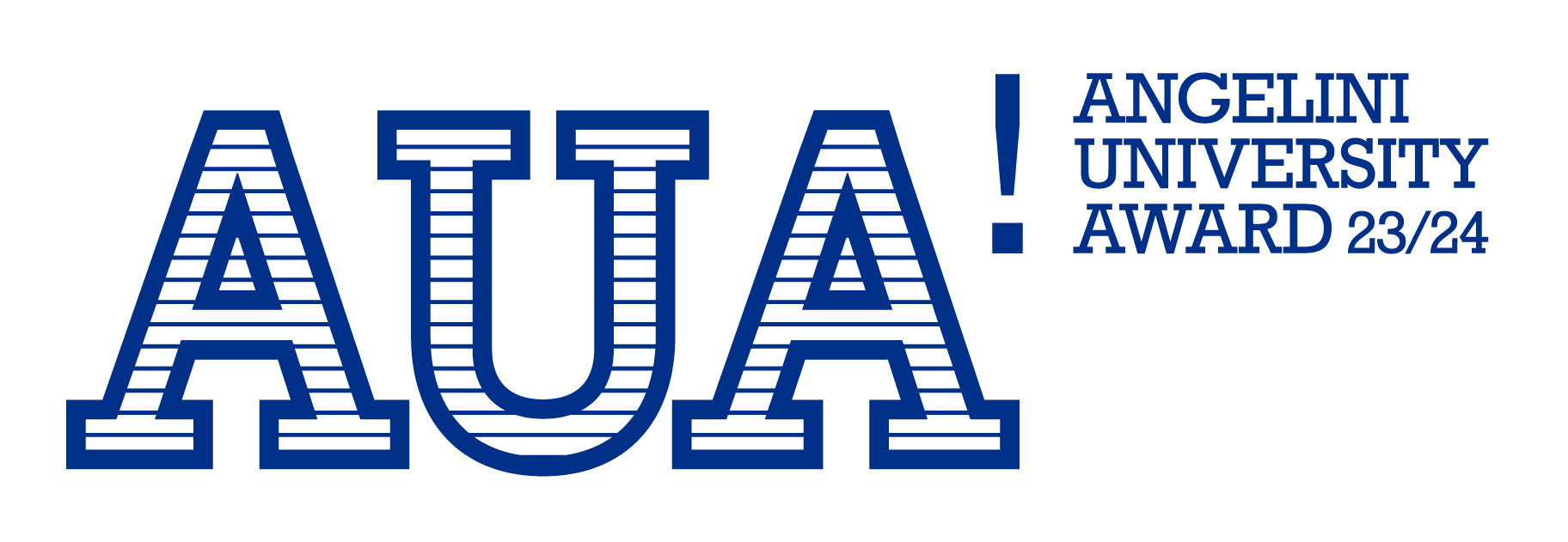Mental health
2018/2019
Statistics
1ST PLACE
Project name: 3D printing of diazepam-containing pharmaceutical forms for the treatment of patients addicted to benzodiazepines
Authors
Jan Elbl
Martina Holická
Project Advisor
Jan Muselík
This experimental project was aimed at the preparation of orodispersible films containing diazepam in the dose range between 0,492 and 2,125 mg by the means of 3D printing. Prepared films are ment for use in the therapy of benzodiazepines addiction. In the first part optimization of 3D printing method is performed using simple dispersion of hydroxyethyl celullose. Second part focuses on the optimization of the formulation based on the maltodextrin Glucidex® G6 (Roquette, France) and sorbitol. Adjustment of viscosity by the addition of hydroxyethyl cellulose Cellosize® QP 300 (DOW, Switzerland) is documented. Third part of this section is aimed on the use of dispersion combination, broadening potential uses of this method. Multiple types of formulations were used to obtain inscripted films. Last part of the project focuses on the preparation and evaluation of diazepam containing films. For this, dispersion based on the Kollidon VA64, sorbitol, hydroxypropylmethylcellulose and glycerol was used.
2ND PLACE
Project name: Mobile application Don´t panic
Authors
Veronika Kamenská
Aleš Řezáč
Tomáš Chlubna
Project Advisor
Pavel Zemčík
The goal of this project was to create a mobile application “Don’t Panic” and make it available for free. This application was developed as a first aid tool especially for young people, suffering from mental illnesses. The primary goal of the application is to calm the user down and offer him another professional help. The application contains phone numbers (115, 112, crisis hot-lines, crisis intervention centers) and supportive chat links.
There are five basic modules: depression, anxiety/panic, self-harm, suicidal thoughts and professional help contacts. The application has been published on Google Play on March 11, 2019 and on App Store on April 20, 2019. As of May 12, 2019 the application has been downloaded 8570 times (2500 times on App Store and 6070 times on Google Play) and has reached an overall rating 5.0 on App Store and 4.8 on Google Play.
This application provides a solution and first aid to clients with mental illnesses who are afraid or unwilling to talk about their problems. The application is currently being recommended as a supporting tool by professionals (school psychologists, psychiatrists, psychotherapists, guidance counselors and methodists of primary prevention).
FINALIST
Project name: Mobile application for prevention of depression and its supportive care
Authors
Vojtěch Slánský
Nikol Urbanská
Project Advisor
Klára Marečková
Project is focused on developing a mobile-based application for prevention and support treatment of clinical depression. Earlier trials in this area sugest that it is potentially viable support treatment. This solution is focused on developing positive habits, working on strenghts and weaknesses and emotional coping. Application is in form of a game for maximal engagement and small steps method is used to provide accessebility even for severe cases of depression.
FINALIST
Project name: Meat bacteria and their decarboxylase activity efffect on mental health
Authors
Daniela Mačálová
Dagmar Šašinková
Project Advisor
Pavel Pleva
Bacteria with decarboxylase activity, which means that these bacteria can transform amino acids to biogenic amines are present in meat. Consumption of food with high concentration of biogenic amines can be reflected on physical and mental health. This research is about production of 8 biogenic amines by 21 strains of Staphylococcus bacteria (isolated from intestinal content of a trout) and 34 strains of Enterococcus bacteria (isolated from rabbit meat). In the next part of our research the impact of consumption of fermented meat products on mental health was discussed. The specific products was chosen based on our results. The majority of our strains produced biogenic amines, but none of them produced tryptamine, spermin or spermidine. There was low concentration of phenylethylamine and histamine. In 24 strains the overproduction of tyramine was discovered and this may affect mental health of people. The Staphylococcus had overproduction of cadaverine. Significant production of putrescine was discovered in 7 strains.
FINALIST
Project name: 21 day meditation programme
Authors
Anastasya Lagutina
Alexandra Morozova
Tereza Novotná
Project Advisor
Petr Zach
Meditation techniques have become popular lately. They are used as a psychotherapeutic tools to retain mental health, thus understanding emotions and etiology of subjectively colored experiences. The effect of of routine meditation practice helps to improve cognitive function and immune system efficiency, prevention of neurodegenerative diseases, such as Alzheimer disease or other dementia types. Meditation practices are gradually getting accepted by public. Considering variety of existing techniques it is complicated to create standardized approaches and secure professionals. In order to to widen a number meditation practitioners, we propose 21-day meditation program presented on social media called Instagram, that enables community creation, mutual support for participants, immediate feedback and effortless communication with professionals.
SEMIFINALISTS
Authors
Project
Project advisor
Alina Kulakovská
Matúš Pavlovič
Anima liberi – psychohygiene for children
Pavel Theiner
Karin Sedláková
Katarian Koniarova
Michaela Králová
New media for elimination of addiction to OTC drugs
Karel Vašut
Jakub Danzig
Alice Abbondanza
Trisha Jigar Dhabalia
The role of β2 * nicotinic AChreceptors in the development of addiction and depression
Helena Janíčková
Karolína Hájková
Markéta Černá
Naděžda Hrdinová
Stigmatization and myths associated with OCD
Denisa Hejlová
Timotej Mareš
Tatiana Khrypunova
Relationship between stigmatization of patients and theircompliance with psychopharmaceutical treatment
Václava van der Meijs
